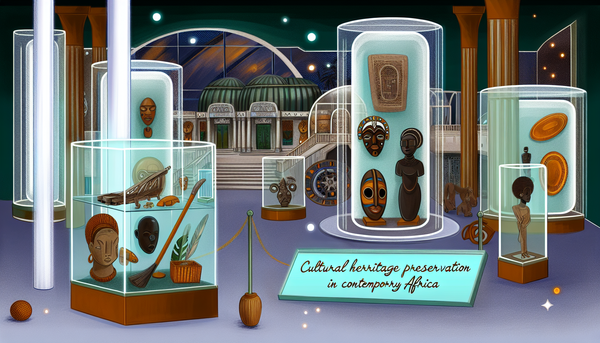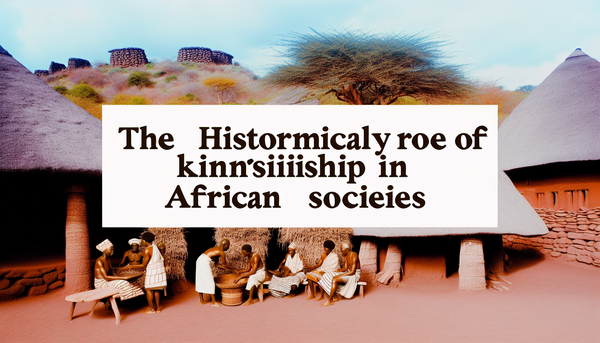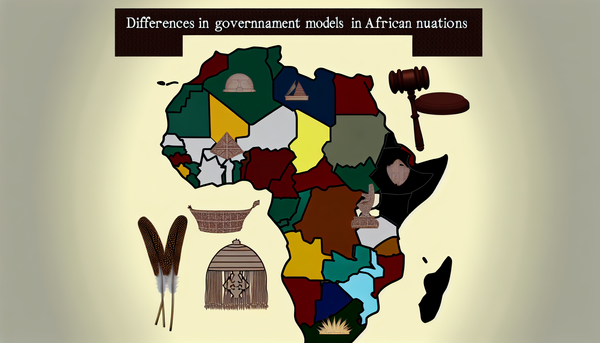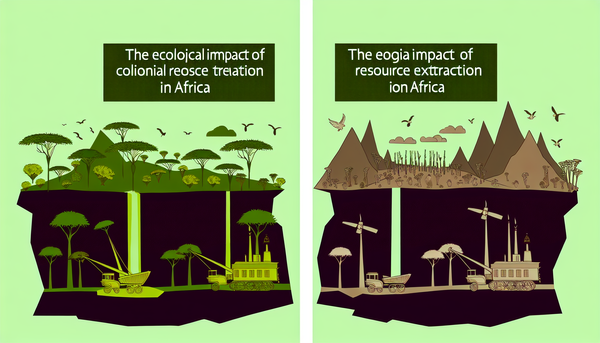The Significance of African Festivals in Cultural Preservation
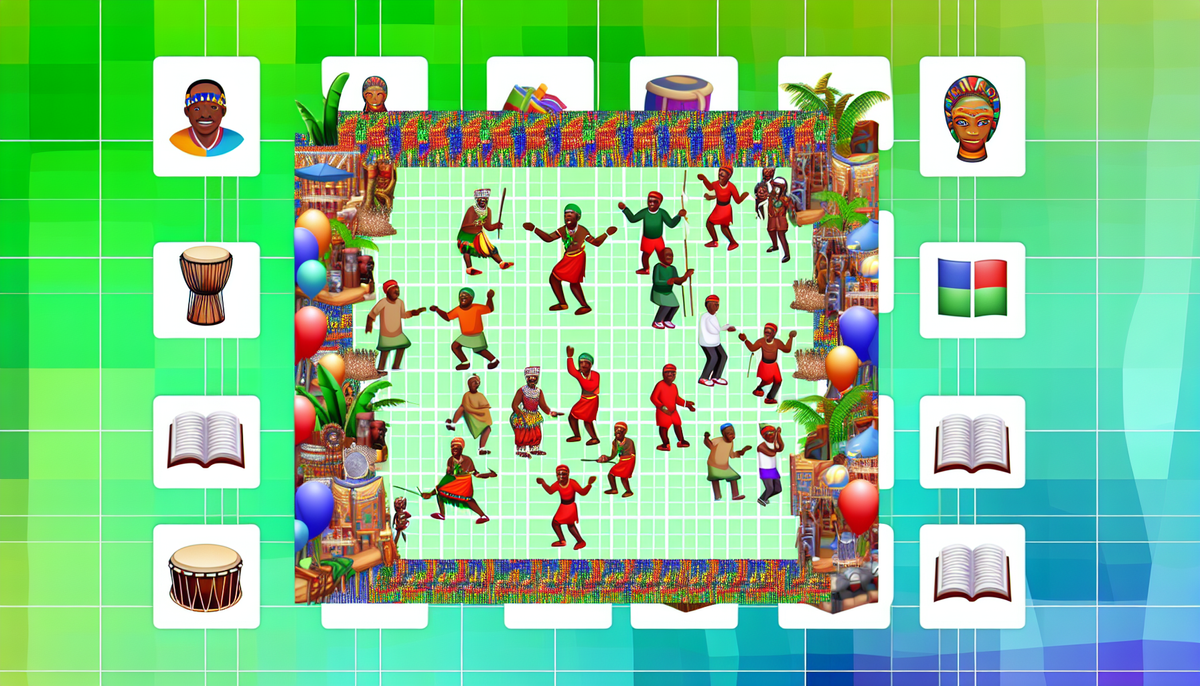
Understanding African Festivals: A Gateway to Cultural Heritage
African festivals are vibrant expressions of cultural identity, serving as a vital link to the continent's rich heritage. Throughout the year, communities come together to celebrate a myriad of events that reflect their historical narratives, traditions, and communal values. These festivals often showcase unique rituals, music, dances, and food, all of which have been passed down through generations.
The significance of these gatherings extends beyond mere celebration; they act as a living archive of African culture. Many festivals are centered around agricultural cycles, ancestral worship, or significant historical events, highlighting the community's deep-rooted connection to its land and history. For instance, the Odunde Festival in Philadelphia celebrates the Yoruba New Year, bringing together African Americans to honor their ancestral roots.
Moreover, these events foster social cohesion, enabling participants to strengthen communal ties and cultural pride. As globalization threatens localized traditions, African festivals serve as vital platforms for education and cultural preservation, ensuring that younger generations embrace their identities. In this way, festivals not only celebrate the present but also safeguard the past, forging a path for future cultural continuity and resilience.
Celebrating Diversity through Traditional Ceremonies
Traditional ceremonies in Africa showcase the continent’s incredible diversity, reflecting the unique customs and beliefs of various ethnic groups. Each ceremony, whether it’s a wedding, initiation, or harvest festival, highlights specific traditions that are integral to the identity of the community. This rich tapestry of cultural expressions demonstrates how diverse practices coexist and contribute to a collective African heritage.
For example, the Zulu Reed Dance in South Africa celebrates girlhood and chastity, while the Maasai’s Eunoto ceremony marks the transition of young men into warrior status. Both ceremonies illustrate the distinct values and social structures within their respective cultures. Such events encourage intergenerational dialogue, allowing elders to pass down knowledge and traditions to the youth, thereby nurturing cultural continuity.
Additionally, traditional ceremonies promote inclusiveness by inviting participation from various community members, regardless of age or social status. This communal involvement fosters a sense of belonging and unity while reinforcing the idea that diversity is a strength rather than a barrier.
In a world that increasingly values multiculturalism, African traditional ceremonies stand as a testament to the beauty of different cultures coming together, celebrating their unique identities while fostering mutual respect and understanding among diverse groups.
Role of Music and Dance in Community Unity
Music and dance are fundamental components of African festivals, serving as powerful tools for fostering community unity. These art forms transcend language barriers, allowing individuals to connect emotionally and spiritually, creating a shared sense of identity among community members. During festivals, rhythmic beats and vibrant melodies draw people together, encouraging participation and collective expression.
In many cultures, music and dance function as a medium for storytelling, conveying histories, morals, and cultural values. For instance, the griot tradition in West Africa uses music to preserve oral history, ensuring that the collective memory of the community endures. Similarly, traditional dances often narrate tales of bravery, love, or nature, creating a deeper understanding and appreciation of the community's heritage.
Moreover, music and dance promote social cohesion by providing a platform for collaboration and shared experiences. Group performances unite participants in joyous celebration, breaking down barriers of age, gender, and social class. This sense of togetherness is especially crucial in African societies, where communal bonds are valued above individualism.
Through the rhythms and movements that define African festivals, music and dance serve not only as forms of entertainment but also as vital components of social harmony, uniting individuals in a collective celebration of their diverse cultural identities.
Festivals as Time Capsules of Indigenous Languages
African festivals are more than just vibrant displays of culture; they serve as crucial time capsules for preserving indigenous languages. Many traditional ceremonies incorporate local dialects, songs, and storytelling, allowing languages to flourish in their authentic contexts. This linguistic embodiment during festivals plays a pivotal role in maintaining the rich vocabulary, idioms, and pronunciations unique to different ethnic groups.
During events like the Eyo Festival in Lagos or the Osun-Osogbo Festival, participants engage in traditional chants and narratives that often invoke ancestral spirits, thereby reinforcing the cultural significance of their language. These moments not only celebrate community history but also provide a setting for younger generations to learn and practice their native tongues in a lively and engaging manner.
The use of indigenous languages during festivals encourages a sense of belonging and cultural pride among participants. As spectators witness their language being celebrated through songs, speeches, and performances, they become motivated to learn and preserve it, countering the decline faced by many African languages today.
Ultimately, festivals act as both cultural celebrations and arenas for linguistic preservation, ensuring that the vibrant tapestry of Africa's languages continues to thrive alongside its rich heritage for generations to come.
Craftsmanship and Artistry at African Festivals
African festivals are a dazzling showcase of craftsmanship and artistry, where intricate works serve as a testament to the continent's rich cultural heritage. Artisans display handmade creations, from beadwork and textiles to pottery and carvings, each piece reflecting the unique traditions of a particular community. These crafts are not merely functional; they embody stories, beliefs, and the collective identity of the people.
For example, at the Festival of Arts and Culture in Calabar, Nigeria, local artisans exhibit elaborate masks and costumes that are essential for traditional dances. These artworks often employ techniques passed down through generations, illustrating the importance of preserving traditional skills in the face of modernity. The vibrant colors and intricate designs are not just visually captivating; they also signify symbols of identity, spirituality, and social status.
Additionally, workshops held during festivals provide opportunities for attendees to learn about these crafts and even participate in the creation process. This interactive engagement fosters a deeper appreciation for the artistry involved and encourages the passing of skills to younger generations.
By celebrating craftsmanship at festivals, communities not only preserve their artistic heritage but also strengthen social bonds, creating a shared appreciation for the rich, diverse expressions of African culture.
Influence of Festivals on African Diaspora Identity
Festivals play a pivotal role in shaping the identity of the African diaspora, serving as powerful reminders of cultural heritage and community ties. For individuals and families living far from their ancestral homelands, these celebrations provide a crucial link to their roots, fostering a sense of belonging and pride in their shared history. Events like the Caribbean Carnival or the African Festival of Arts and Culture allow diaspora communities to reconnect with traditional music, dance, cuisine, and rituals that have been passed down through generations.
In the diaspora, festivals often become spaces to negotiate identity, where participants can express their African heritage while also blending it with local cultures. This fusion exemplifies the dynamic nature of cultural identity, bridging the gap between ancestral traditions and contemporary experiences. Additionally, festivals often serve as platforms for education, where younger generations learn about their heritage and the significance of their cultural practices.
Moreover, festivals in the diaspora create opportunities for solidarity and community building, bringing together individuals from diverse backgrounds who share a common ancestry. By celebrating their cultural uniqueness, diaspora communities not only honor their roots but also affirm their place within the broader narrative of global African identity, promoting resilience and unity across borders.
Economic Impact and Tourism Boost from Festivals
Festivals in Africa are not only vibrant cultural celebrations but also significant drivers of economic growth and tourism. These events attract both local and international visitors, creating a ripple effect that benefits various sectors of the economy. Tourism related to festivals generates substantial revenue, as attendees spend on accommodations, food, crafts, and entertainment, aiding local businesses and artisans.
For instance, the Harare International Festival of the Arts (HIFA) draws thousands of visitors annually, stimulating the hospitality sector and enhancing the visibility of local talent. This influx of tourists creates jobs in areas such as event management, catering, and transportation, thereby improving living standards for many community members.
Moreover, festivals often promote heritage tourism, encouraging visitors to explore the rich cultural and historical aspects of the regions they are held in. This not only fosters pride in local traditions but also encourages the preservation of cultural sites and practices.
Furthermore, increased tourism can lead to improved infrastructure, as cities invest in roads, venues, and services to accommodate visitors. By showcasing the unique cultural offerings of Africa, festivals effectively position the continent as a vibrant destination, boosting economic resilience and fostering long-term sustainable growth within local communities.
